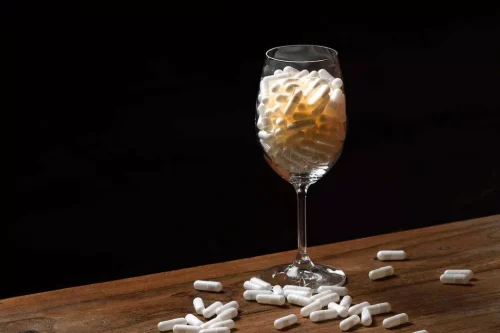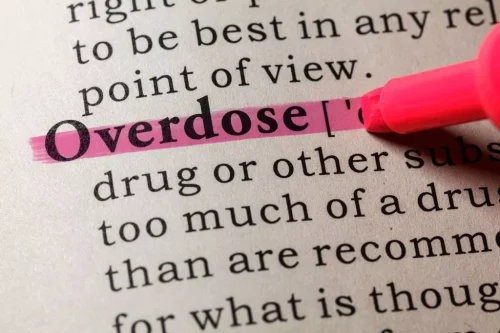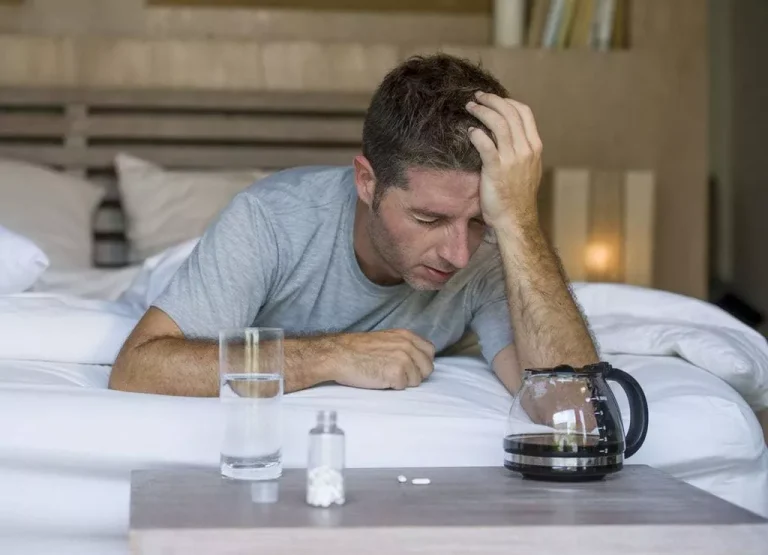
This involves refraining from engaging in personal or professional relationships with participants outside of the group context to ensure an equitable and safe environment. It’s common for interest and energy levels to flag after an initial period of active participation and engagement in group activities for relapse prevention. To encourage continued active involvement, it’s important for the group facilitator to mix things up to keep the group interesting. Keep in mind the preferences and strengths of the members and provide multiple avenues for learning and growth. By meeting the group’s diverse needs, you can create a more inclusive and supportive environment that encourages sustained participation and recovery.
Mental Health Worksheets

Zainab is a skilled member of the ChoicePoint team of medical content writers. With 4 years of relevant experience, she is passionate about conveying accurate and up-to-date information through her writing. Her area of expertise includes writing on addiction challenges, providing guidance on treatment procedures, and addressing co-occurring mental issues. She has a Bachelor’s degree in Psychology and a Master’s degree in Social Work. With 17 years of relevant experience, she has helped several clients in their journey to recovery from addiction.
Try Role-Playing Exercises
- Some recovery groups promote emotional openness by playing feelings charades.
- It’s important to have moments of levity during addiction recovery to help build camaraderie and enthusiasm, and playing charades can provide some.
- A 3-page worksheet for developing a colorful self-care “map” to explore patterns and identify new practices.
- For example, you may have to apologize to loved ones you have hurt, establish clear boundaries in your relationships, and cut ties with people who still use drugs.
- A 1-page worksheet for identifying things that promote addiction and ways to get rid of or avoid these things.
- When clients catch the ball, they have to talk about the statement or answer the question closest to their right thumb.
Ask your clients to share what their tombstone would say if they were to die today. The group leaders should regularly solicit feedback to understand participants’ interests and adjust activities accordingly. Additionally, the group should recognize and celebrate contributions to boost morale and motivation. It’s increasingly common for someone to be diagnosed with a condition such as ADHD or autism as an adult. A diagnosis often brings relief, but it can also come with as many questions as answers. If you feel that any of our content is inaccurate, out-of-date, or otherwise questionable, please contact at
Ideas for Substance Abuse Group Therapy Activities
Sound therapy may be most beneficial when offered by a trained practitioner, but music, instruments, or nature sounds may also be incorporated informally into group and peer sessions. People can openly share their thoughts and feelings, reduce self-stigma and shame, and help each other process and grow from difficult experiences or emotions. Sessions may occur anywhere from daily to monthly, depending on the level of care. For example, intensive outpatient treatment may require meeting twice a week, while inpatient programs may offer daily sessions. Many recovery support groups worldwide are also free of charge, making them an accessible and convenient option for continuing care and relapse prevention once treatment ends.

The program here at Two Dreams focuses on the improvement of one’s life through the achievement of mental peace, physical well-being, and personal productivity. We particularly emphasize mindfulness, the concept of intentionally paying attention, and being present in the moment with compassion, with acceptance, substance abuse group activities and without judgment. Every two weeks our clients engage in “group phase therapy” in which each individual reports on which phase they think they’re currently working on in their personal recovery journey. The rest of the group comments on the accuracy of their assessment and gives advice.

- Art and other creative expression group activities provide people in recovery with an outlet for self-expression and emotional release.
- And for those looking to blow off some steam, group fitness classes like boxing or dance provide a healthy outlet for pent-up emotions.
- This article will cover what group therapy is and some of the more common types of group therapy and activities used for addiction treatment.
- Consequently, relapse, or a return to drug and alcohol use, can be an inherent part of the recovery process.
It can boost your sense of well-being and help you cope with drug cravings and other recovery-related challenges. All group therapy programs have to be aware of the ethical considerations as well as the special challenges that their groups will face, recovery groups are no different in this regard. Icebreaker games inject fun and playfulness into the group dynamics, making it easier for members to open up and participate actively. These games could involve https://ecosoberhouse.com/ sharing something about oneself based on a prompt, playing word association games related to recovery, or even engaging in light-hearted team challenges. Icebreaker games not only foster a sense of inclusivity but also help combat nerves and hesitations that can arise when discussing sensitive topics. Jack, a 29-year-old finance professional, struggled with a severe addiction to Adderall, a stimulant drug he started using to stay on top of a demanding job.
How Does Group Therapy Help with Substance Abuse?

The ideas and activities for substance abuse group therapy that are used will have an impact on the benefits that our clients have. These cards can be used in a SUD inpatient or outpatient setting to facilitate group discussions about recovery. The facilitator can vary things up by letting group members pick someone else to answer their question once they’ve finished sharing. Alternatively, group members can take turns drawing cards, but all group members are encouraged to share their answers.
- Participating in a relapse prevention group activity can provide you with much needed moments of joy, relaxation, and self-care.
- The activity inspires hope, support, and a feeling of companionship that comes with sharing, all of which are essential for overcoming the challenges of substance abuse disorders.
- People experiencing substance abuse often need help managing drug or alcohol cravings and otherwise adjusting to a sober lifestyle.
- It’s important to encourage all participants to take on leadership roles in planning and leading activities.